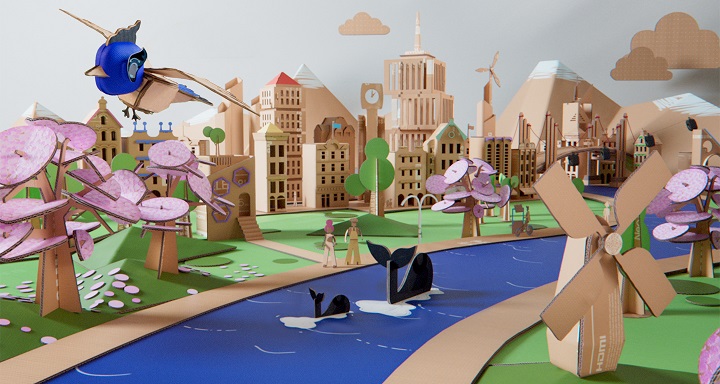These days we all have smartphones and other electronic devices we no longer use because they’re outdated or broken. Unfortunately, more often than not, these devices and its components can end up in trash and landfills. In fact, more than 50 million tons1 of electronics are thrown away each year and a mere 17 percent is eventually recycled. In keeping with its mission to reimagine a better planet, Samsung is committed to ensuring that more devices are responsibly recycled.
Driven by a desire to keep our planet clean for generations to come, Samsung regularly engages in eco-conscious efforts that are helping to establish a circular economy. The company is constantly exploring ways to reduce its products’ impact on the environment, including increasing product lifespans and spearheading efforts to recycle their resources. This is essential as most ‘e-waste’ ends up polluting the environment by sitting in landfills or being incinerated. With annual e-waste expected to reach as much as 74 million tons by 2030, it is undeniably the time to take steps to reduce consumption and minimise waste. Repairing old devices, on the other hand, saves energy and finite resources that would otherwise be consumed in the manufacturing of new products, which carries considerable negative impacts on the environment. The reality is that a disproportionate negative impact to the environment comes from smartphones, as they have a relatively short average useful lifespan of only two years. This is why Samsung has designed initiatives aimed at alleviating the impact on the environment.
Samsung South Africa has implemented a popular trade-in programme that makes a difference. You can trade-in over 6 000 Samsung and non-Samsung eligible devices, such as laptops, mobile phones, smartwatches, tablets and many more and it would be responsibly disposed off. Additionaly Samsung repair or replacement process, is designed as such that electronic components and products are collected, checked, recorded and stored at Samsung warehouses. Identified e-waste is pre scrapped to ensure no unauthorized reuse in substandard repairs and irresponsible disposal thereof. Waste is collated on a weekly or monthly basis. Hereafter, Samsung’s authorised recycling and scrapping partners collect all waste, recycle and dispose of the materials in the prescribed and governed processes to minimize waste to landfill. Finally, a scrapping certificate is issued by the partner as guarantee that material is responsibly disposed of.

“It is an essential part of Samsung’s mission to put the environment first in all business operations, with several long-term sustainability programmes that include sustainable packaging design and the reduction of carbon footprints through the use of recycled materials. Critically, the positive impact on the environment will result in lasting change that benefits all South Africans. The fact is, all positive changes start with the determination to reimagine old ways and to do what’s right for all. We’re reimagining environmental sustainability into everything we do from packaging to product design, energy consumption to recycling,” says Hlubi Shivanda, Director: Business Innovation Group and Corporate Affairs at Samsung South Africa.
Additionally, Samsung has a long-term vision for conserving the country’s natural resources, while at the same time playing a role in job creation. As part of Samsung’s R280-million Equity Equivalent Investment Programme (EEIP), under the Broad Based Black Economic Empowerment that was launched in 2019, Samsung, in collaboration with the Department of Trade, Industry and Competition (the dtic), embarked on an initiative to provide opportunities for Black Industrialists in the recycling sector. Through this initiative, Samsung has become an integral partner in the creation and support of black-owned businesses that can manage and impact Waste Electronic and Electrical Equipment.
Samsung believes in a better, greener tomorrow and that all things can be repaired, recycled, upcycled and renewed. Now is the time where technology and innovation can be used to solve environmental problems, not add to them. Together, we can create a greener Galaxy.
1 According to the Global E-waste Monitor 2020 by Global E-waste Statistics Partnership (GESP), the amount of electronic waste in 2019 was 53.6 million metric tons (Mt).
Provided by Samsung South Africa

























